Pocket Monkey Price In India (Marmoset) | Finger Monkey
Looking for a trustworthy and fairly priced pocket monkey in India? Look nowhere else! This article will cover all you need to know about pocket monkey costs in India, including how to save money and where to locate the greatest deals. The pocket monkey is a great pet, regardless of whether you’re an experienced pet owner or just searching for the first time to increase your family with a cute pet. Thus, have a seat and continue reading to learn about the best pocket monkey choices in India and how you can obtain one right away.
Pocket Monkey Price In India (Marmosets)
The cost of a Pocket Monkey in India varies depending on the brand and model. Generally, you can find Pocket Monkeys priced between ₹3,00,000 to ₹9,00,000. Be sure to shop around to find the best deals and quality before making your purchase.
Pocket Monkey baby Price In India
The cost of Pocket Monkey baby in India may vary depending on the brand, seller, and location. On Average, the price of pocket monkey is between ₹2,00,000 to ₹7,00,000. It’s always recommended to do some research and compare prices from different sellers before making a purchase.
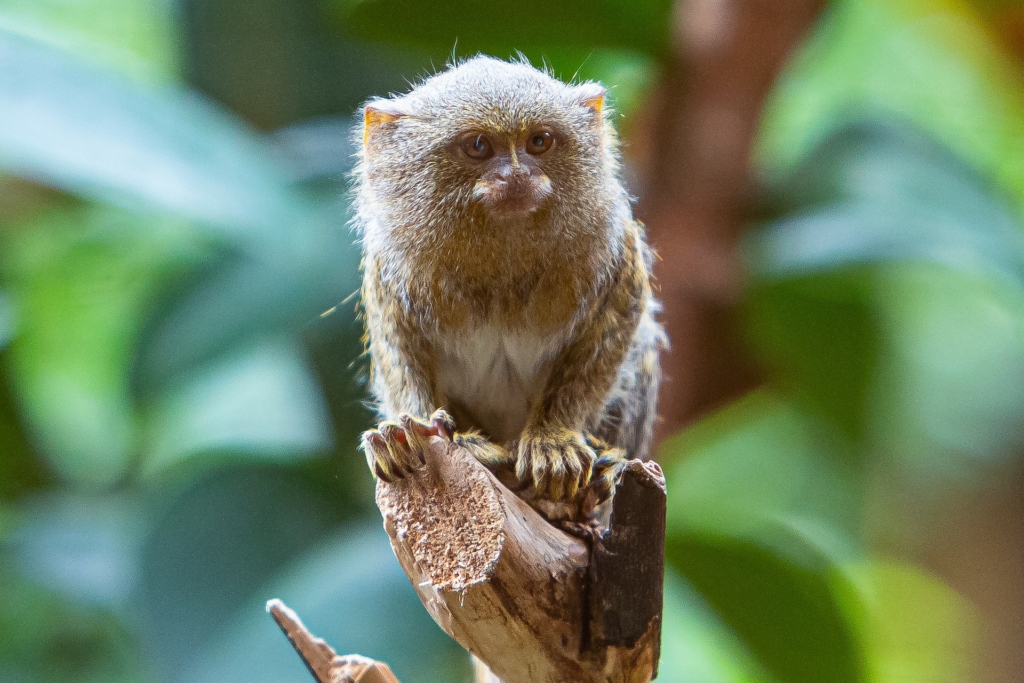
Pocket Monkey Prices In Major Indian Cities
the prices of Pocket Monkey in major Indian cities may vary slightly due to factors such as taxes, availability, and local demand. Here’s a rough estimate of Pocket Monkey prices in some of the major cities in India:
| Pocket Monkey Price List India | |
|---|---|
| Different Locations | Prices- |
| Pocket Monkey Price in Delhi | ₹3,00,000 to ₹9,00,000 |
| Pocket Monkey Price in Kolkata | ₹2,50,000 to ₹7,60,000 |
| Pocket Monkey Price in Mumbai | ₹2,80,000 to ₹8,80,000 |
| Pocket Monkey Price in Agra | ₹2,90,000 to ₹9,00,000 |
| Pocket Monkey Price in Chennai | ₹2,60,000 to ₹7,90,000 |
| Pocket Monkey Price in Pune | ₹3,00,000 to ₹9,00,000 |
| Pocket Monkey Price in Bangalore | ₹2,75,000 to ₹8,60,000 |
| Pocket Monkey Prices in Hyderabad | ₹3,00,000 to ₹7,80,000 |
| Pocket Monkey Price in Chandigarh | ₹2,60,000 to ₹8,50,000 |
| Pocket Monkey Price in Jaipur | ₹2,00,000 to ₹7,00,000 |
Pocket Monkey (Marmosets)
Due to their little size—adult pygmy marmosets or Pocket Monkeys often reach about 4-5 inches (10–12 cm) long and weigh no more than 3-5 ounces—these monkeys are sometimes referred to as miniatures (85-140 g). One of the smallest primates in the world, they are.
With fur that is often a blend of brown, grey, and yellow, pygmy marmosets have a distinctive look. They use their long tails—which may be as long as their bodies—to support themselves when jumping across trees in the forests where they live.
Due to their small size, these socially active monkeys prefer to live in family groups composed of a breeding pair and their offspring. They use their well-known high-pitched vocal sounds to interact with each other. In addition to being able to eat insects, fruit, and tree sap with their specialised teeth, pygmy marmosets are also unusual in that they are little.
Pygmy marmosets should not be kept as pets, it is important to keep in mind this. They should be preserved in their native environments since they need particular care. Likewise, several nations, including the United States, forbid the capture and trading of wild pygmy marmosets for the pet trade.
Video Credit: Viral List
Types of Pocket Monkeys (Marmosets)
There are many different species of Pocket Monkeys (marmosets), which are small New World monkeys that are native to South and Central America. Here are some of the most well-known types of marmosets:
- Common marmoset: Also known as the cotton-top tamarin, this species is one of the most popular types of marmosets in the pet trade. They have distinctive tufts of white fur on their heads and are found in Brazil, Colombia, and Peru.
- Pygmy marmoset: As mentioned earlier, this is the smallest type of monkey in the world. They are also known as dwarf monkeys and are found in the rainforests of South America.
- White-tufted-ear marmoset: This species is found in the Atlantic Forest of Brazil and is named for its distinctive white fur tufts around its ears.
- Buffy-tufted-ear marmoset: Similar to the white-tufted-ear marmoset, this species is found in Brazil and has buff-coloured tufts of fur around its ears.
- Silvery marmoset: This species is found in Brazil and is named for its silver-coloured fur. They have distinctive black faces and white ear tufts.
- Golden lion tamarin: This species is found in Brazil and is named for its bright golden-orange fur. They are an endangered species and are protected under Brazilian law.
- Black-tailed marmoset: This species is found in the Amazon rainforest and has a long, black tail. They are also known as the black-tufted marmoset.
- Geoffroy’s marmoset: This species is found in Brazil, Paraguay, and Argentina and has distinctive black and white fur markings on its face.
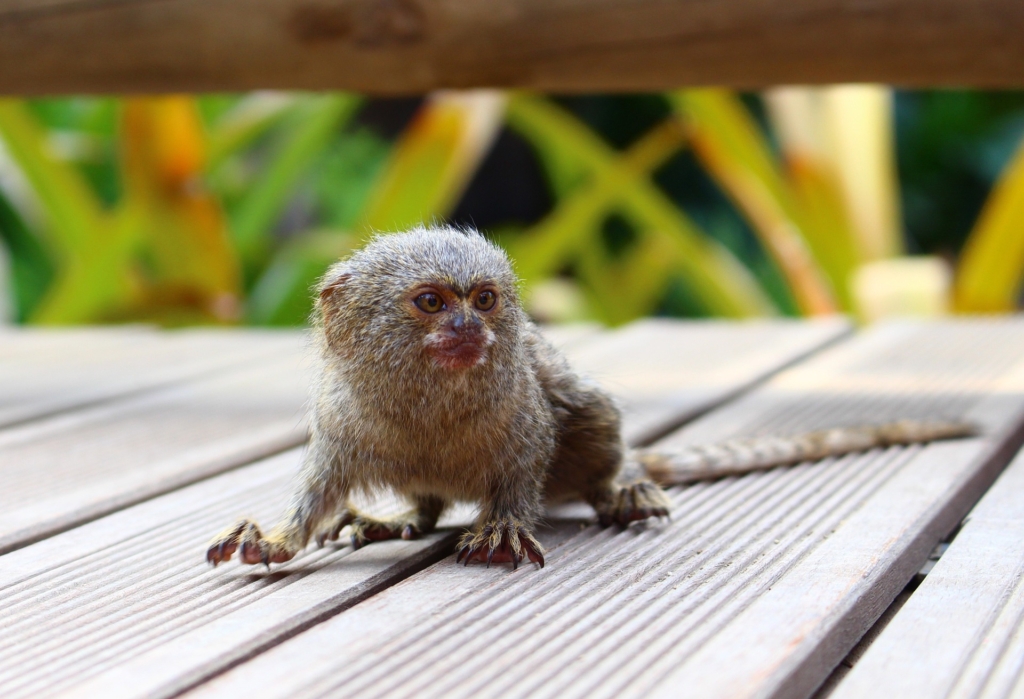
History of Pocket Monkey (Marmosets)
Marmosets or Pocket Monkeys are small New World monkeys that have existed for millions of years. Fossil evidence shows that they evolved in South America during the Oligocene, which was about 33 to 23 million years ago. Marmosets are believed to have evolved from a common ancestor with tamarins, another type of New World monkey.
Porpoises have been important to the indigenous peoples of South America for thousands of years, who hunted them for their meat and used their fur for clothing and ornaments. Europeans first noticed marmosets in the 16th century when Portuguese explorers brought them back to Europe. They were kept as pets by royalty and the wealthy and were also studied by scientists interested in their unique biology.
Today, marmosets are still an important part of South American ecosystems and are used in scientific research. They are popular in the pet trade, although their capture and trade is illegal in many countries due to concerns for their welfare and protection. Marmosets are fascinating animals with complex social behaviours and unique adaptations, and they continue to interest scientists and animal lovers alike.
The appearance of Pocket Monkeys (Marmosets)
Marmosets are small New World monkeys that range in size from about 12 to 30 centimetres (5 to 12 inches) long, with a tail that is usually longer than their body. They typically weigh between 120 to 400 grams (4 to 14 ounces), with males generally being larger than females.
Pocket Monkeys have long, pointed fingers and toes that they use to grip onto branches in the trees where they live. They have distinctive claw-like nail on their big toes that help them to climb, and their thumbs are not opposable like those of most other primates.
The temperament of Pocket Monkey (Marmosets)
Marmosets are very social creatures that live in family groups of up to 15 members. They exhibit a broad variety of activities, like as grooming, play, and vocal communication, and they have sophisticated social systems. Marmosets are well recognised for their vocalisations, which include a range of whistles and cries that they use to communicate with one another and other group members.
Marmosets are often energetic and inquisitive creatures in terms of temperament. They have a rapid memory and are clever; they often are using these abilities to problem-solve and get food or get out of cages. They are also known for their lively nature and frequently participate in rough-and-tumble play with other group members.
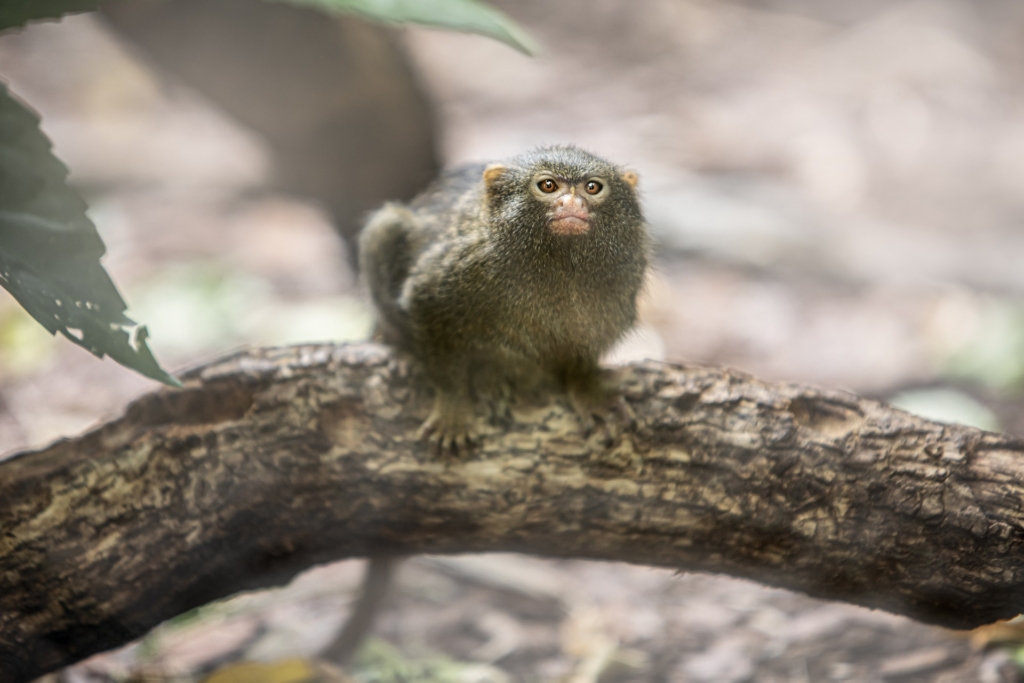
Pros and Cons of Buying Pocket Monkey (Marmosets)
Being a marmoset owner carries a lot of responsibilities and should not be regarded lightly. They demand a lot of time, energy, and resources to be properly taken care of, and not everyone has the necessary skills to do so. It’s crucial to conduct your homework and make sure you are ready for the commitment before thinking about purchasing a marmoset, Some Pros and Cons of Buying Pocket Monkey (Marmosets) are:
| Pros | Cons |
|---|---|
| Cute and unique appearance | Require specialized care and diet |
| Intelligent and curious animals | Require a lot of social interaction and stimulation |
| Can learn tricks and perform tasks | Can become aggressive towards humans and other animals |
| Highly social and interactive animals | Expensive to purchase and maintain |
| Have a long lifespan (up to 20 years) | Can carry zoonotic diseases that can be transmitted to humans |
| Can form strong bonds with their owners | Illegal to own in some areas or requires special permits |
Video Credit: Indian Boy Kk
Facts about Pocket Monkeys (Marmosets)
Here are some interesting facts about Pocket Monkey:
- Marmosets are part of the primate family Callitrichidae, which also includes tamarins and lion tamarins.
- There are 22 different species of marmosets, all of which are native to South America.
- Marmosets have specialized teeth that allow them to gnaw through tree bark to access sap, which is their primary food source.
- Marmosets are highly social animals that live in family groups of up to 15 individuals. They have complex social structures and engage in a wide range of behaviours, including grooming, play, and vocal communication.
- Marmosets are one of the smallest primates in the world, with some species weighing less than 100 grams.
- Marmosets are highly intelligent animals that can learn quickly and use problem-solving skills to obtain food or escape from enclosures.
- Marmosets have opposable thumbs that allow them to grip and manipulate objects, and they also have a specialized grooming claw on their feet.
- Female marmosets give birth to twins or occasionally triplets, and the entire group participates in caring for the infants.
- Marmosets have been observed using tools in the wild, such as using sticks to probe for insects or using leaves to wipe their fur.
- Some species of marmosets have the ability to enter torpor, a state of reduced metabolic activity that allows them to conserve energy during times of food scarcity.
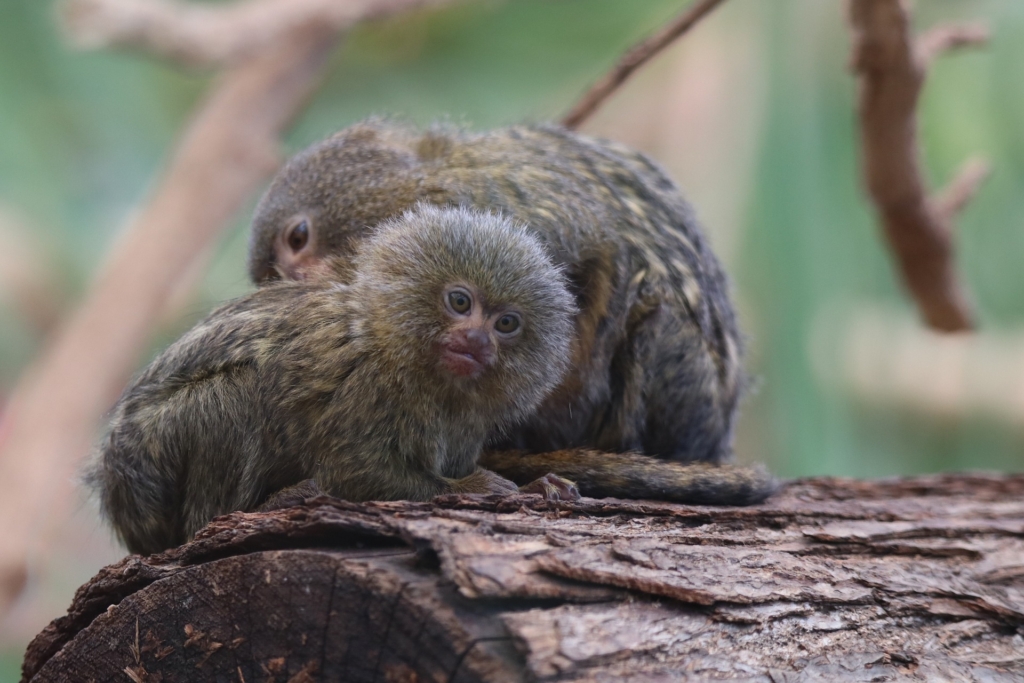
Care Tips for Pocket Monkeys (Marmosets)
Marmosets can be difficult to care for as they require special care and attention to stay healthy and happy. Here are some tips for caring for marmosets:
- Diet: Marmosets have special dietary requirements and require a high protein, low-fat diet. Their diet should include a variety of foods such as insects, fruits, nectar and tree sap. A special marmoset diet or high-quality primate diet may also be provided.
- Environment: Marmosets need a large, secure enclosure with plenty of room to move and play. Their surroundings should be equipped with branches, ropes and other structures for climbing and playing. There should also be hiding places and nesting places for marmosets where they can rest and sleep.
- Socialization: Marmosets are very social animals and need lots of social interaction and stimulation to stay happy and healthy. They should be housed with at least one other marmoset to ensure sociality.
- Veterinary care: Regular veterinary check-ups are important to ensure that your guinea pig stays healthy and receives any necessary vaccinations or treatments. Any unusual behaviour or symptoms should be reported to a veterinarian immediately.
- Hygiene: Marmosets are clean animals and require regular grooming to maintain health and hygiene. Their housing must be cleaned daily to prevent the accumulation of waste and maintain good hygiene.
- Exercise: Marmosets are active animals and need a lot of exercises to stay healthy and avoid boredom. They should have plenty of space in the room to climb, jump and play.
- Training: Marmosets are intelligent animals and can be trained to perform simple tasks and tricks. Marmosets should be trained using positive reinforcement techniques and should never be punished for unwanted behaviour.
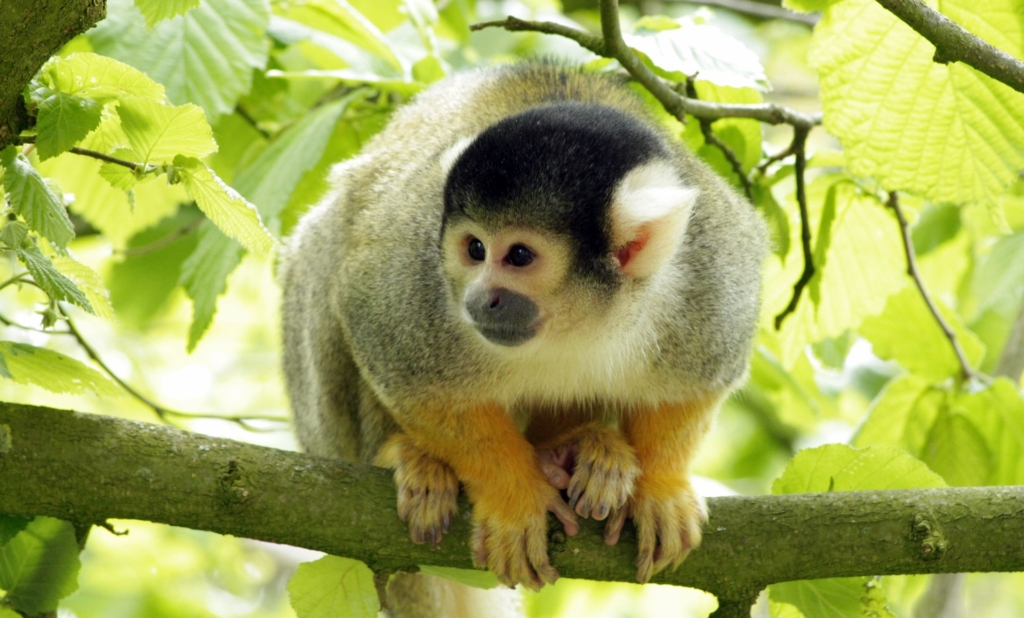
Health Issues of Pocket Monkey
Marmosets can be prone to a number of health problems, some of which are common in captive animals. Here are some health issues that marmoset owners should be aware of:
- Dental Problems: Marmosets have specialized teeth adapted to their diet of tree sap, insects and other hard foods. Dental problems can occur if their teeth are not worn down properly, which can lead to infections, abscesses and other problems.
- Nutritional Deficiencies: Marmosets have specific nutritional needs and require a balanced diet that is high in protein and low in fat. Nutritional deficiencies can occur if their diet is not properly balanced, which can lead to health problems such as metabolic bone disease.
- Zoonotic Diseases: Marmosets can carry zoonotic diseases that can be transmitted to humans, including tuberculosis, salmonella, and the herpes B virus. Proper hygiene and handling techniques are essential to prevent the spread of disease.
- Parasites: Marmosets can be prone to parasites such as lice, fleas and ticks. Regular veterinary checks and parasite prophylaxis can help prevent infestation.
- Stress-Related Illnesses: Marmosets are very social animals and can become stressed if they are kept alone or if they do not get enough social interaction and stimulation. Stress-related illnesses can include weight loss, hair loss, and a weakened immune system.
- Trauma: Marmosets are active animals and can be prone to injury from falls, fights with other animals or accidents. Safe housing and adequate supervision help prevent traumatic injuries.
Pocket Monkey Lifespan (Marmosets)
Marmosets have a relatively short lifespan compared to many other primates, both in the wild and in captivity. In the wild, marmosets typically live for around 8 to 10 years, although some individuals have been known to live for up to 16 years.
Food for Pocket Monkey
Here’s a table outlining some suitable food options for Pocket Monkeys or Marmosets:
| Food | Description |
|---|---|
| Fruits and vegetables | Pocket Monkeys love fresh fruits and vegetables, such as bananas, grapes, apples, carrots, and sweet potatoes. |
| Insects | Insects, such as crickets, mealworms, and waxworms, can be a good source of protein for Pocket Monkeys. |
| Nuts and seeds | Pocket Monkeys enjoy nuts and seeds, such as almonds, walnuts, and sunflower seeds, in moderation. |
| Commercial primate diet | Commercial primate diets, available at pet stores, can provide balanced nutrition for Pocket Monkeys. |
Names for Pocket Monkeys (Marmosets)
Choosing a name for your Pocket Monkey can be a fun and creative process. Here are some suggestions for names for your Pocket Monkey:
| Names | Description |
|---|---|
| Bananas | A playful and fitting name for a monkey. |
| Gizmo | A cute and catchy name for a tech-savvy monkey. |
| Peanut | A sweet and lovable name for a small monkey. |
| Simba | A strong and regal name for a monkey with a big personality. |
| Zippy | A fun and energetic name for a playful monkey. |
Pocket Monkey Video
Video of Pocket Monkey to let you understand Pocket Monkey care tips, food, lifespan, and other factors. Video Credit: MMB pet lover
Conclusion:
In conclusion, Pocket Monkeys or Marmosets can make fascinating and adorable pets, but they require a significant amount of care and attention. It’s crucial to understand the animal’s behaviour and needs before deciding to keep one as a pet. Proper care and maintenance, along with a healthy and balanced diet, can ensure the longevity of the animal.
When it comes to Pocket (Marmoset) Monkey prices in India, it’s essential to note that the purchase and sale of exotic animals are illegal in the country. Additionally, owning a Pocket Monkey or Marmoset requires permits and licenses, which can be challenging to obtain. It’s crucial to adhere to the laws and regulations surrounding the ownership of exotic animals.
Frequently Asked Questions on Pocket Monkey:
-
What is a Pocket Monkey or Marmoset?
A Pocket Monkey or Marmoset is a small species of monkey native to South America.
-
Can Pocket Monkeys or Marmosets be kept as pets?
Yes, they can be kept as pets, but they require a significant amount of care and attention. It’s crucial to understand the animal’s behaviour and needs before deciding to keep one as a pet.
-
What do Pocket Monkeys or Marmosets eat?
Pocket Monkeys or Marmosets eat a variety of food, including fresh fruits and vegetables, insects, nuts and seeds, and commercial primate diets.
-
How long do Pocket Monkeys or Marmosets live?
Pocket Monkeys or Marmosets have a lifespan of 12 to 20 years in captivity.
-
Are Pocket Monkeys or Marmosets legal to own as pets in India?
No, the purchase and sale of exotic animals, including Pocket Monkeys or Marmosets, is illegal in India.
-
Do Pocket Monkeys or Marmosets require any special care?
Yes, Pocket Monkeys or Marmosets require a lot of care and attention, including a specific diet, regular exercise, and mental stimulation.
-
Can Pocket Monkeys or Marmosets be trained?
Yes, Pocket Monkeys or Marmosets can be trained, but it requires a lot of patience and consistent training methods.
-
What are some common health issues that Pocket Monkeys or Marmosets face?
Pocket Monkeys or Marmosets can develop dental problems, gastrointestinal issues, and respiratory infections. It’s crucial to provide them with regular veterinary check-ups and a clean and healthy environment to prevent these health issues.
Recommended –





























